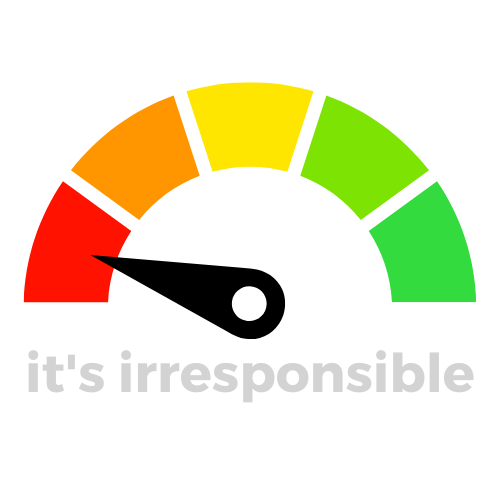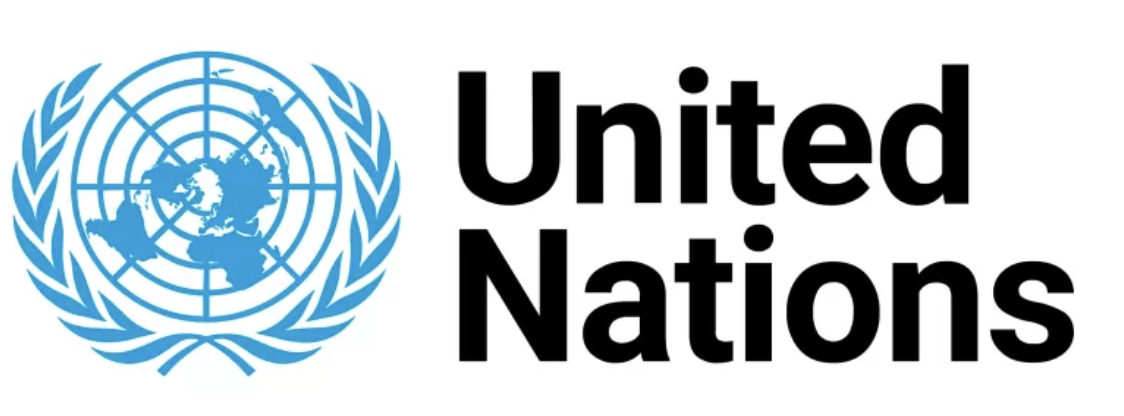Can the planet easily sustain a growing population?
The Claim
Birthgap says…
“We can sustain a much larger population if the materials that we consume are both produced sustainably and we consume them in moderation so if the world's population gets to 10 billion, there is hope that we could have a sustainable planet, yes.”
(Birthgap Part 3, 36:42)
The Reality
Today’s population of eight billion, at current levels of production and consumption, is already unsustainable for the planet, and is a major driver of multiple cascading environmental and social crises. These issues, including the climate-driven death toll and refugee crises, and the sixth mass extinction, are not acknowledged in the film. Given our current dire circumstances, promoting population growth is fanciful, dangerous, and irresponsible.
The claim is irresponsible.
The Research
In 2017, over 15,000 scientists from 184 countries issued a warning that continued population growth puts humans on a collision course with the natural world. They urged fundamental changes, including reducing population growth and human consumption, to avoid environmental and social catastrophe (Ripple et al., 2017).
Population growth and consumption were the strongest drivers of climate change in the last decade (IPCC, 2022).
Of the 129 countries projected to experience an increase in drought exposure mainly due to climate change over the next few decades, 61 will do so largely due to population growth (United Nations, 2022d).
Almost half of the world’s 2.2 billion children are at a risk of experiencing “extremely dire” conditions as a result of the climate crisis and pollution (UNICEF, 2021).
Efforts to eradicate poverty, end hunger, and ensure universal access to essential services such as health and education become increasingly difficult for countries experiencing rapid population growth (United Nations, 2021).
Driven by increased population and per capita consumption, natural ecosystems are experiencing massive degradation at rates unprecedented in human history. Species are going extinct at alarming rates, which also has major implications for humanity (IPBES, 2019).
Consumption is increasing, not decreasing as lower income countries rapidly join the global middle class. Even if consumption levels were to decrease, growing populations will still require more food, housing, and water (Crist et al., 2017).
Global heating will drive billions of people out of the “climate niche” in which humanity has evolved, exposing them to unprecedented temperatures and extreme weather in the coming decades. Countries with large populations and already warm climates, such as India and Nigeria, face the worst changes (Lenton et al., 2023).






